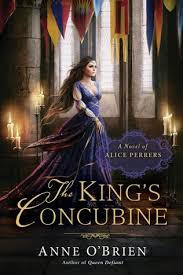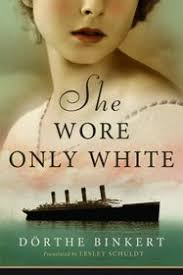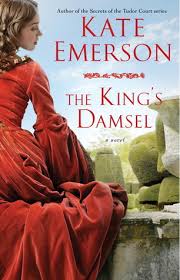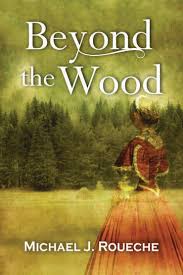In Shadow on the Crown, Patricia Bracewell has written an engaging story about Queen Emma and her journey from Normandy to England, embellished with forbidden love, crushing sense of duty, and ultimately hope.
King Aethelred (the Unready) of England’s uncrowned wife has died in childbirth, and admidst unrest on his council and Viking raiders on England’s shores, he is forced into an alliance with Normandy. Emma is to be the peaceweaver whose influence spans the Narrow Sea. To Emma’s disappointment, her husband is a misogynist brute who resents and mistrusts his young Norman bride, and many do not agree with his choice of a wife, including the Lady Elgiva who wanted the throne for herself. The only light in Emma’s new life is Aethelred’s brood of young children, and surprisingly his eldest son Athelstan, though any child of her body would be rival for the eldest aetheling’s status as heir.
Emma is the victim of an uncaring husband, a hostile witan, and even the Vikings themselves, but she never displays a victim mentality, or self-pity. Emma is the annointed Queen of England, and she does everything she can, even at her own personal cost, to do the best thing for England and it’s people.
This book was very well-written, the plot moved quickly and easily and the author did a great job of keeping all the characters straight. I would have liked to see a little more development in the early stages of the above-mentioned “forbidden love.” But once it was established is was a lovely and heartbreaking relationship.
Shadow on the Crown is the first in a series of books and I eagerly await the second installment.


















 Look for these reviews ( and more!)throughout the Summer!
Look for these reviews ( and more!)throughout the Summer!













